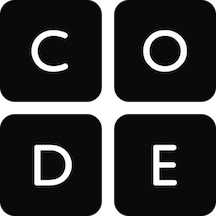 A new Advanced Placement Program for high school students established by the National Science Foundation, The College Board, and Code.org, a non-profit organization dedicated to expanding access to computer science and increasing participation by women and underrepresented minorities, appears to be meeting with success in increasing the number of young students from underrepresented groups who are taking courses in computer science.
A new Advanced Placement Program for high school students established by the National Science Foundation, The College Board, and Code.org, a non-profit organization dedicated to expanding access to computer science and increasing participation by women and underrepresented minorities, appears to be meeting with success in increasing the number of young students from underrepresented groups who are taking courses in computer science.
The College Board last fall introduced a new course and exam called Advanced Placement Computer Science Principles. The existing AP computer science course was focused on the Java programming language. But the new course is more about how computers can be used to solve real-world problems.
The data shows that in 2016, 8,283 students from underrepresented groups took a computer science Advanced Placement examination. With the introduction of AP Computer Science Principles, the number of students from these racial and ethnic groups taking a computer science Advancement Placement test rose to 22,199 in 2017. Surveys by Code.org show that 70 percent of the students who take an AP examination in computer science will continue in the field when they get to college.
There is much progress to be made. Even with the huge increase in the number of students from underrepresented groups taking Advanced Placement courses in computer science, they are only 20 percent of all students who take these courses. But this is up from 13 percent in 2015.
Code.org has prepared almost 60,000 elementary and middle school teachers to introduce computer science in their classes. And nearly 900 new teachers have been trained to teach AP Computer Science Principles with the goal that diversity will continue to increase in the field.











It would be really helpful if you posted your references. Especially to statistic oriented articles.